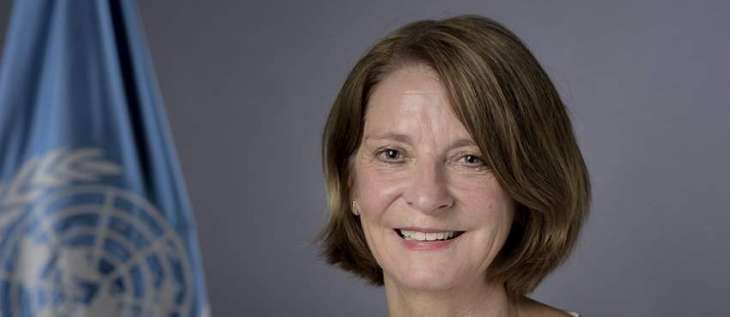The UN Security Council does not currently consider deploying UN peacekeepers again into Haiti in the wake of the killing of the nation's President Jovenel Moise, Norwegian Permanent Representative to the United Nations Mona Juul told reporters on Thursday
UNITED NATIONS (Pakistan Point News / Sputnik - 08th July, 2021) The UN Security Council does not currently consider deploying UN peacekeepers again into Haiti in the wake of the killing of the nation's President Jovenel Moise, Norwegian Permanent Representative to the United Nations Mona Juul told reporters on Thursday.
On early Wednesday morning, Moise was assassinated at this home near the capital of Port-au-Prince by unidentified gunmen. The Haitian authorities placed the country under a state of siege and later said they had killed four people involved in the assassination.
"We are not at this stage," Juul said when asked whether the council was examining the option of bringing Blue Helmets back to Haiti.
The UN Security Council first authorized the deployment of some 7,000 UN peacekeeping forces into Haiti after the 2004 coup d'etat that the body decided represented a threat to international peace and security.
In October 2010, a few months after a catastrophic earthquake devastated Haiti, the country declared its first-ever in a modern history Cholera outbreak. The government reported over 800,000 cases and some 10,0000 deaths since the outbreak began.
The United Nations Stabilization Mission in Haiti (MINUSTAH) is believed to import the disease into the island nation. The UN panel of independent experts concluded that UN troops from Nepal were most likely the cause of the Cholera outbreak in Haiti.
In addition, several Haitians have spoken of accounts of sexual misconduct, including the rape of minors, by UN peacekeepers.
In 2017, the UN Security Council decided to end the MINUSTAH, leaving a controversial legacy of the UN troops' presence in Haiti.




